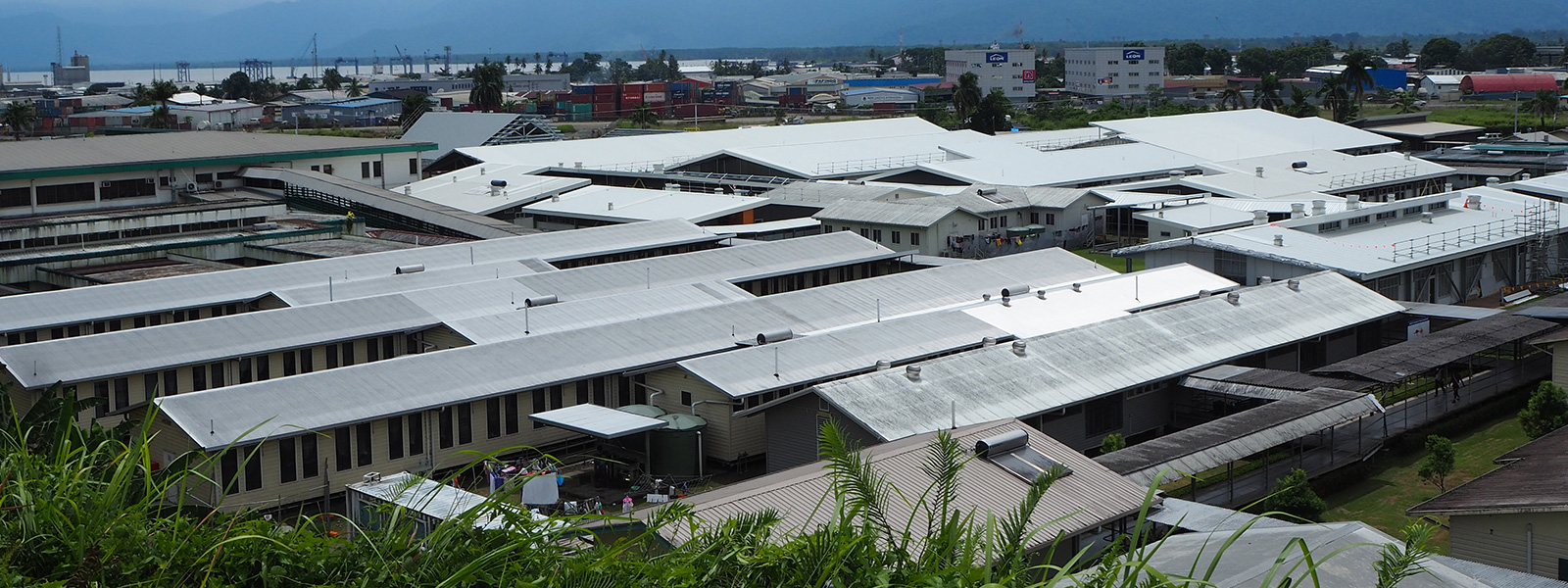Challenge/situation
PNG Vision 2050 plan envisions 100 per cent of PNG’s electricity to be generated by renewable energy by 2050. DFAT’s Economic and Social Infrastructure Program (ESIP) supports PNG partners to improve planning, prioritisation, delivery and sustainability of economic and social infrastructure. Priority sub-sectors for the Program include energy (on-grid and off-grid electrification), telecommunications, water and sanitation.
The core objective of this project was to investigate and deliver feasible concepts for design and delivery concepts of high quality, turn-key solutions for the mini-grid upgrades in Maprik, Finschhafen, Aitape, Kerema and Vanimo. The solutions must meet community needs, be sustainable for PNG Power Limited to operate and maintain, enhance environmental sustainability, be disaster resilient and maximize existing assets and resources where possible.
Approach/solution
Mini-grids provide small, remote villages with a solar generated, renewable energy source instead of diesel generators; however, electrification projects often fail due to community attitudes and resource capacity as well as climate and geographical challenges. JID’s was to deploy a local site visit team to consult, collaborate, and evaluate the attitudes, needs, resources, and capacity of each location. These results were at the core of our modeling and proposed approaches to provide the most sustainable and fit-for-purpose solutions – ensuring we are delivering work that people want and need, and not imposed.
Community led and supported
Each location, with its own culture, history, geography, climate, and other landscapes, provided varying challenges and opportunities. In addition to these naturalized challenges, the objectives communities and stakeholders vary.
Environmental sustainability
JID considers environmental development a core pillar in any project and so has been striving to integrate cost-effective and environmentally sustainable options to power infrastructure across our Pacific Portfolio.
Partnerships
JID’s experience in delivering projects on the ground with our established project teams provides us with extensive regional and environmental knowledge, complemented with subject matter experts. This consortium was tailored for this project to provide the strongest combination of technical expertise with operational capacity. JID believes that delivering value in this industry requires culturally adept partners who are experts in their industries. For this project, JID led a bespoke consortium including ITP Renewables – leaders in renewable energy, ODG – leaders in turn-key solutions across the region, the University of PNG’s Centre of Renewable Energy – affords invaluable existing knowledge of the sites, stakeholders involved, and potential mini-grid solutions, and Advisian for Environmental and Social Impact assessments.
Work/outputs
- A$25m cumulative capital expenditure found to be feasible to improve the renewable energy capacity of five mini grid power stations
- 360,000 people in the local districts who will benefit from improved reliability of electricity in hospital services, refrigeration and other public resources
- 5.6MWp capacity of photovoltaic arrays proposed for development
